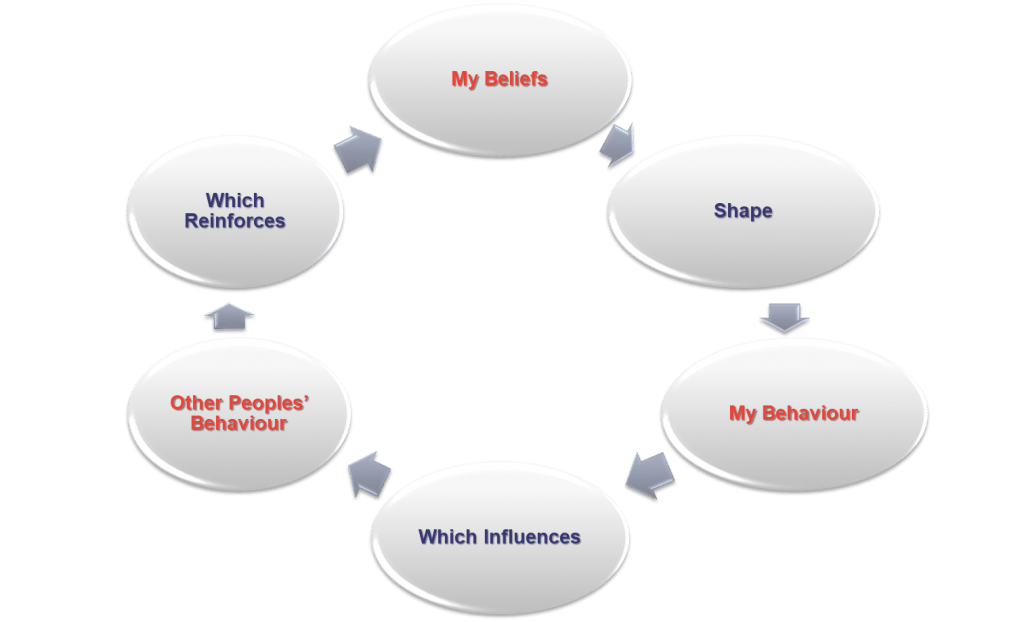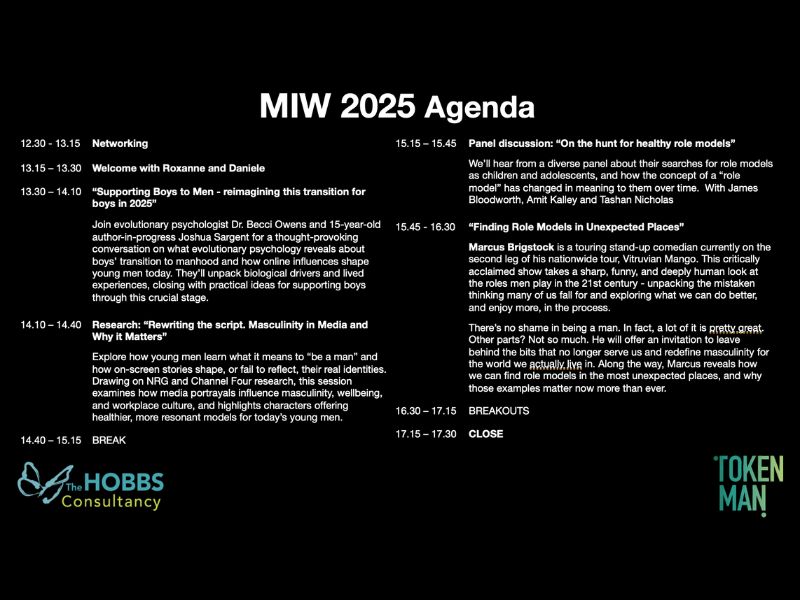 ‘Office Politics’ frequently elicits a sigh from people and much of the time, this is very valid.
‘Office Politics’ frequently elicits a sigh from people and much of the time, this is very valid.
At its worst, ‘Office Politics’ has numerous negative effects, including:
- Lack of knowledge sharing
- Decreased trust
- Poor morale and motivation
- Slow decision making
- Lower than possible productivity.
It’s one of the biggest causes of stress in the UK and can lead to serious mental health issues at an individual level. This has dramatic consequences for personal health and a team or company as a whole, due to the knock on effects.
Can ‘Office Politics’ be obliterated?
No. Where you have different people with different assumptions, values, goals and beliefs, there will always be ‘politics’ as those differences play out.
Can ‘Office Politics’ be improved so it’s more positive?
Yes. But it isn’t about changing other people – it’s about what you can do to change it. After all, we can’t directly change others’ behaviour except by changing our own. Think about this simple scenario:
Imagine you’re told by someone you trust that a certain colleague will be against a proposal you’re going to make in a meeting that afternoon. Consider how this ‘knowledge’ might change your behaviour in the meeting.
Unless you’re extremely careful, there’s the potential to come across as defensive (one possible reaction). How is this likely to impact the colleague who is supposedly against the proposal before they have even said anything? There’s a danger you’ve started a negative cycle.
The Self-Fulfilling Prophecy diagram below outlines this:

Is this the cycle you want to start?
Whilst this knowledge of the colleague’s attitude can be helpful, it could be entirely untrue and therefore start a negative cycle. Imagine if your trusted colleague is in fact less trustworthy than you think, the view is based on their opinion or they have misheard some information?
You can see how ‘Office Politics’ can inadvertently or maliciously be started.
Take control of the cycle you start and perpetuate
‘Office Politics’ cannot be avoided. If you choose to opt out and solely focus on your ‘day job’, you’re sadly limiting your progression.
So, let’s look at the key areas and some of the considerations and behaviours within them that you need, to help you navigate ‘Office Politics’ more positively. They’re not rocket science but if you are honest with yourself, you probably don’t do all of them in your busy work life.
Some key ways to navigate ‘Office Politics’ positively
- Communication
- Put yourself in some else’s shoes, particularly before you approach them for a difficult conversation or respond to something they have said that has provoked a negative reaction in you. Consider this from a practical point of view e.g. timing, but also reflect on what situation they find themselves in and how that could impact their view or behaviour.
- Be consistent in the discussions you have, avoid giving different people different messages on the same topic – if they compare notes, even if accidentally, this can reduce trust in you.
- Influencing
- Be aware the organisational chart does not tell you everything about how things operate. Power does not always depend on someone’s position. Click here to read more about the 13 different types of power. Identify who in your organisation holds which type(s) of power, including you.
- Take time to understand the personal style of your boss and other key stakeholders e.g. are they a detail or big picture person. Approach them in the way they will best respond to.
- Networking
- Consider your internal contacts, categorise them according to whether they provide influence, information or expertise to support you. Where are the gaps in your network?
- Make time to network with people who are different to you and who also come from different parts of the organisation. The wider your network the better.
- Factor ‘X’
- Never ‘win’ at the expense of a relationship. Think longer term whilst considering when challenge and boundaries are necessary.
- Support others and help them to develop and grow to fulfil their potential.
Above are just eight of the considerations and behaviours I help my clients improve and master; there are many more and the specifics are tailored to the individuals and challenges they face.
I know too well that it’s hard to make time to develop your softer skills and relationships. However it’s pivotal to your well-being, happiness at work and career progression. Even five minutes a day spent reading a post like this then putting one thing into action can add up. Take the time to invest in yourself.
If you’re struggling with ‘Office Politics’ or need to increase your skills, then sign up for my Nine Neglected Skills for career success emails and Booklet. Packed full of information, advice and actions for you to take, it’ll help you improve your ‘other’ skills significantly.
About the author
 Joanna Gaudoin, Inside Out Image, specialises in helping ambitious professionals and their organisations improve performance and achieve their goals.
Joanna Gaudoin, Inside Out Image, specialises in helping ambitious professionals and their organisations improve performance and achieve their goals.
She does this by helping them master and strategically use the business skills of Personal Impact and Relationship Management. These skills are required for professional success.
Before establishing Inside Out Image, Joanna worked in marketing and consultancy in large corporates. She understands the business world and its challenges. She now helps organisations and individuals understand how to succeed in it.









